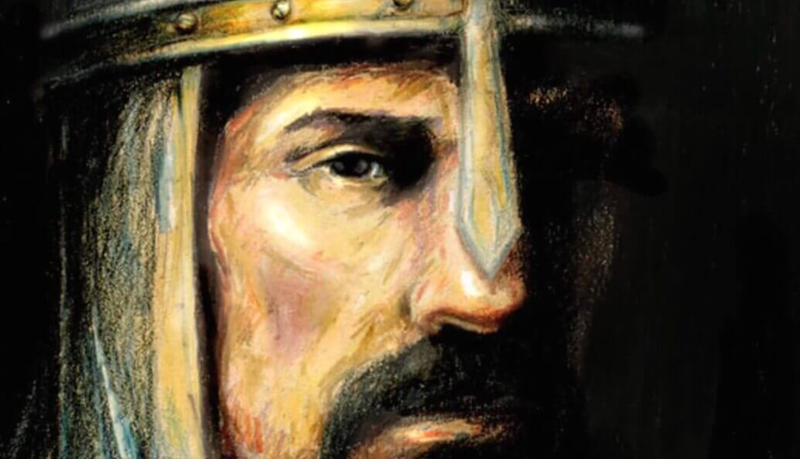
The term Ottoman is a dynastic term derived from Osman, the roaming Turkmen chief who founded both the dynasty and the empire about 1300.

The Ottoman Empire and caliphate
The religion of the Ottoman Empire was Islam. The main
position in Islam, the caliphate, was maintained by the Abbasi sultan, following the defeat of the Mamluks. Sultan Salem declared himself as the caliph of Muslims. So the caliphate was recognized as the Ottoman caliphate. The sultan was a committed Muslim and was given the authority of the caliph. Moreover, Sunni clerics had remarkable power over the government and their power was vital to the regulation of the economy. Despite all, the Sultan also had a right to the decree(Fu’twa), imposing a system called Kanun (law) in Turkish.

The remarkable history of the Ottoman empire
Nobody thought that this small tribal principality would develop into an intercontinental. The ottoman empire emerged at the end of the 13th century. The Ottomans appeared out of Anatolia in the West of Turkey. At that time, the Byzantine Empire was near to rupture? The Roman Empire had controlled the region for centuries, but their power was soaking and dismantling.
The fall of the Seljuk empire
The Seljuk Turks occupied and controlled the majority of modern-day Turkey and the Middle East at the time, far more area than the Ottomans. But the Seljuk Sultanate was destroyed by the attack of Mongols. Now in the thirteen century, there were a lot of independent territories and small tribal states in the Anatolian region of modern-day Turkey.

The founder of the Ottoman Empire
After the concluding Mongol defeat of the Seljuqs in 1293, Osman emerged as a tribal leader of the border principality that took over Byzantine Bithynia in northwestern Anatolia around Bursa. He was commanding and influencing the ghazis against the Byzantines in that area.



The fall of Constantinople
The Fall of Constantinople marked the end of the Byzantine Empire, and effectively the end of the Roman Empire, a state which dated back to 27 BC and lasted nearly 1,500 years. The capture of Constantinople, a city that marked the divide between Europe and Asia Minor, also allowed the Ottomans to more effectively invade mainland Europe, eventually leading to Ottoman control of much of the Balkan peninsula.



The Ottoman Empire decline
The Ottoman Empire was one of the largest and longest-lasting Empires in history. It was an empire inspired and sustained by Islam, and Islamic institutions. It replaced the Byzantine Empire as the major power in the Eastern Mediterranean. The Ottoman Empire reached its height under Suleiman the Magnificent (reigned 1520-66) when it expanded to cover the Balkans and Hungary, and reached the gates of Vienna.

